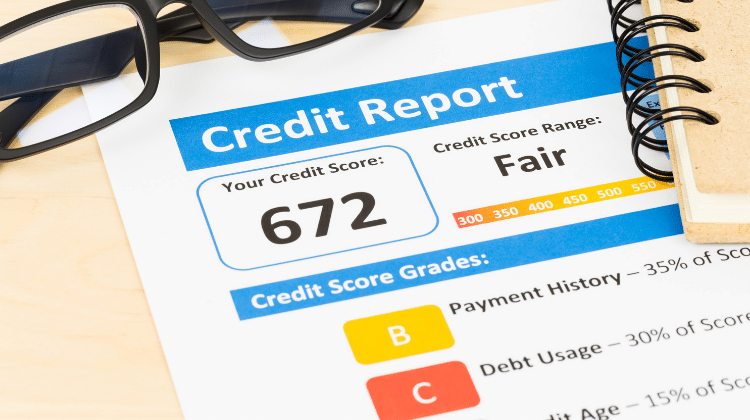
Brought to you by Online Credit USA:
Negative marks on your credit score can not only increase your stress levels but they also can cost you a lot of money. No matter how low your score is, however, there is always hope. As long as you manage your finances responsibly, your credit score will eventually rise.
In the meantime, there are real, concrete steps that you can take today to start getting a better credit score right away.
1. Carefully Analyze the Information in Your Credit Report
Before you can begin improving your credit score, you first need to know exactly what is in your credit report. Your credit score directly hinges on the information contained in the report, which is why it’s so important to know precisely what it contains.
You can obtain your credit report for free through AnnualCreditReport.com. Make sure that you get copies of your report from all three of the major credit reporting bureaus since there may be discrepancies between the various reports.
2. File Disputes if You Find Any Errors
The information in your credit report is required to be accurate. If you find any inaccuracies, file a dispute with the credit bureau in charge of the report to have the problem corrected.
Inaccurate information can do surprising damage to your credit score. For instance, imagine that a company is incorrectly reporting that you made a late payment. This could drop your score anywhere from about 60 to 100 points, which can be devastating.
3. Don’t Make Any New Charges
Your score is partially calculated based on the amount of the available credit you’re using. The closer the amount you owe is to your overall credit limit, the lower your credit score will be. This is referred to as your credit utilization.
Rather than charging any new purchases, pay for them outright using cash. Alternatively, you can take the money you would have spent on the purchase and use it to pay down your debt. Reducing the amount of money you owe on your credit cards can give your credit score a real boost.
4. Don’t Allow Your Accounts to Get Sent to Collection
Approximately 35% of your score hinges on your history of making payments on time. The later you are with payments, the lower your score will go. Do your best to keep all of your accounts current. If nothing else, at least keep them from getting sent to collection.
Don’t be afraid to talk to your creditors. Oftentimes, they’ll work with you to come up with a solution. In some cases, they may even be willing to change the way that your account is reported so it shows that you were never behind.
5. Don’t Apply for New Credit Cards
When you’re trying to fix your credit, you should avoid submitting any new credit applications. Anytime you apply for fast credit, it can lower your score. Adding a new account also reduces the average age of your credit, which can drag your score down even further.
6. Don’t Close Old Accounts
Avoid closing any credit card accounts that you’ve had for a long time. Shutting these accounts down could wind up harming your credit score.
Even if you’re behind on your account, it’s usually a good idea to leave it open. Closing it won’t do anything to help your credit score and could wind up having the opposite effect, causing your score to fall even lower.
7. Don’t Ignore Your Creditors
When you’re behind on your accounts, talking to your creditors can be extremely frightening. As it turns out, however, most of them are more than willing to work with you if you reach out to them.
Be honest about your circumstances. They may have programs in place to help address any temporary setbacks. For instance, they may be able to lower the amount you owe each month for a short time so you can get your finances back in order.
8. Pay Down Your Debt
Approximately a third of your credit score is determined by the amount of debt that you have. If you can reduce your debt, your score may go up.
Think outside the box when trying to find money to pay down your debt. Do you have anything lying around your house that you could sell on the internet? What about carpooling instead of driving your own vehicle?
Even though you may have to make some uncomfortable changes in your life, lowering your debt can give you a real sense of freedom. At the same time, it can boost your credit score.